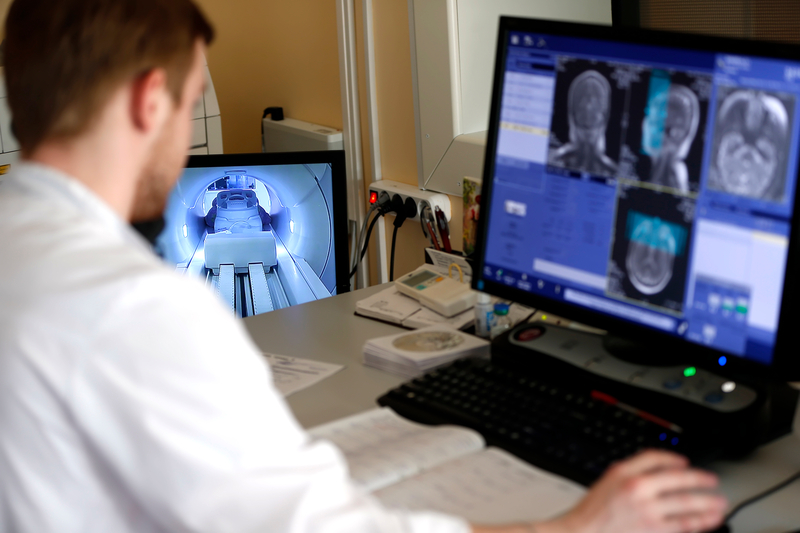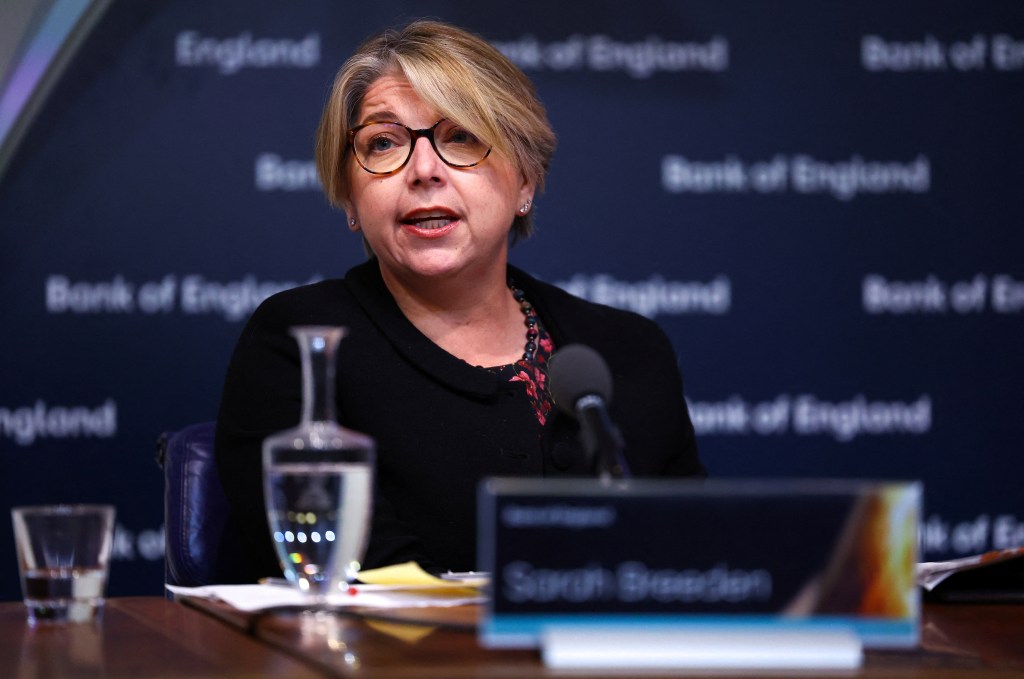“Be humble and be prepared” when dealing with artificial intelligence (AI) was the message to financial regulators and central banks from Sarah Breeden, the Bank of England’s deputy governor for financial stability at an international conference in Hong Kong recently.
She also announced that the BoE is launching a consortium to enable private sector organizations and AI experts to share knowledge with the financial sector. And she warned against any complacency in connection with AI.
“The power and use of AI is growing fast,” she said. “We know from past experience with technological innovation in other sectors of the economy that it’s hard to retrospectively address risks once usage reaches systemic scale.”
Technology agnostic
She advised the sector to “keep a watchful eye” on two issues in particular. The first is at a microprudential level, where Breedon said “central banks and financial regulators should continue to assure themselves that technology-agnostic regulatory frameworks are sufficient to mitigate the financial stability risks from AI”. Managers need to be able to “understand and manage” their AI models as they evolve.
The second issue is being “alive to the possible need for macroprudential interventions to support the stability of the financial system as a whole.” This means keeping regulatory perimeters under review, and ensuring the evolution of stress testing frameworks.
“Given our responsibility for financial stability, we need to consider what, if anything, might be needed in the financial system in advance of any broader government action.”
Sarah Breeden, deputy governor for financial stability, Bank of England
She went on: “I don’t think that, at the Bank of England, we are yet at the point where we need to change our tech-agnostic microprudential approach or where macroprudential policy is needed … But given our responsibility for financial stability, we need to consider what, if anything, might be needed in the financial system in advance of any broader government action.”
The consortium will “help us understand more deeply not only AI’s potential benefits but also the different approaches firms are taking to managing those risks which could amount to financial stability risks,” she said. The consortium would help the Bank “work with the UK Financial Conduct Authority (FCA), the government and international counterparts.”
AI and machine learning
She said that: “For the past five years, the Bank of England and the FCA have been running a periodic survey of how financial services firms in the UK are using AI and machine learning.” The latest covered 120 firms and full results will be available soon. Breedon provided some headline findings in her speech.
- 75% of firms surveyed are already using some form of AI – including all the large UK and international banks, insurers and asset managers. That’s up from 53% in 2022;
- 17% of all use cases use foundation models, including large-language models;
- 41% are using AI to optimise internal processes;
- 26% are using AI to enhance customer support;
- 16% are using AI for credit risk assessment, with a further 19% planning to do so over the next three years;
- 11% are using AI for algorithmic trading, with a further 9% planning to do so over the next three years;
- 4% are using AI for capital management, with a further 10% planning to do so over the next three years.
Many firms are also using AI to mitigate external risks, including cyber-attack (37%), fraud (33%) and money-laundering (20%).
The full text of the speech is available on the Bank of England website.
















